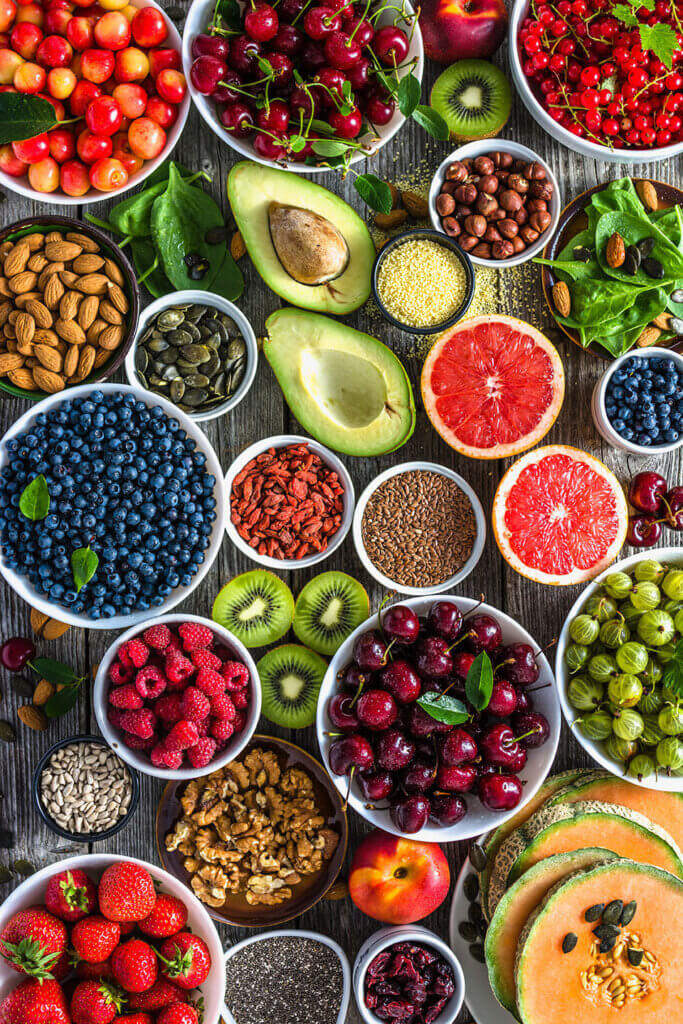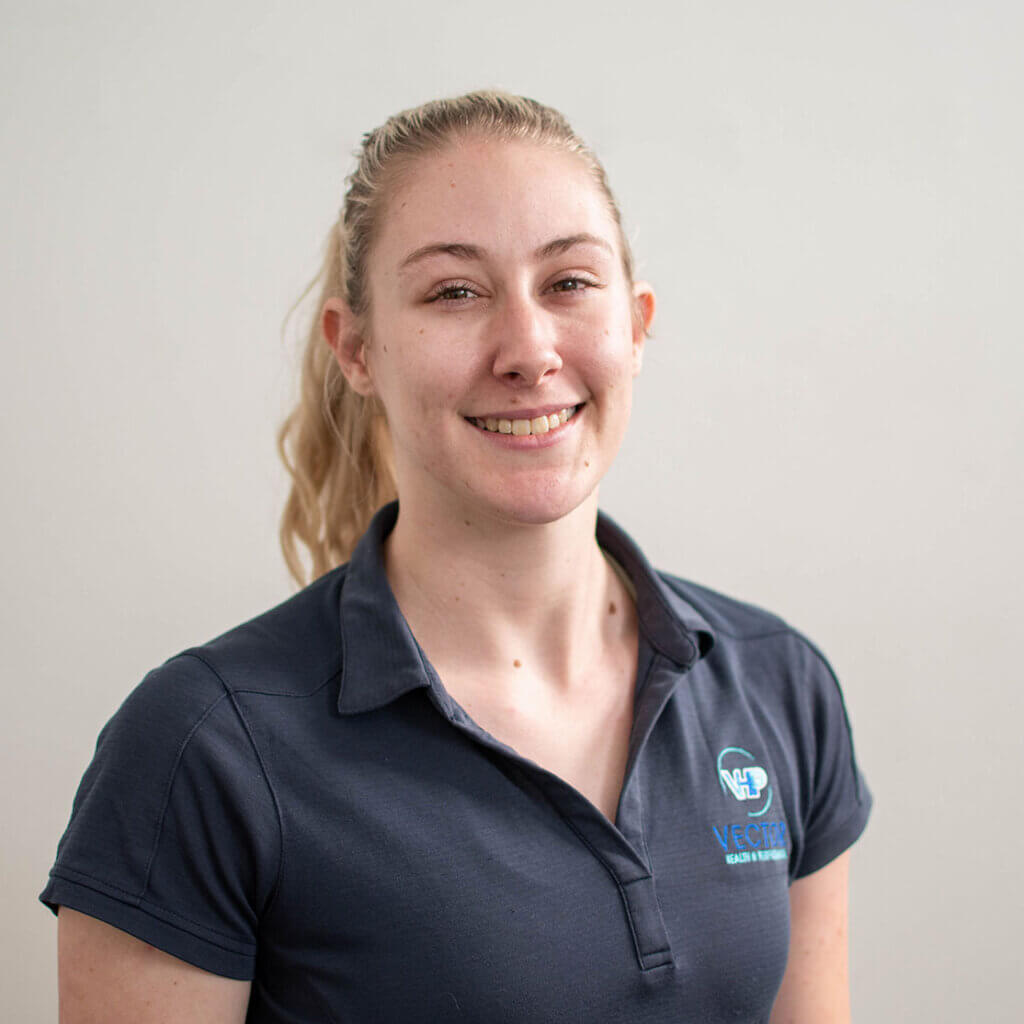Different nutrition strategies and how to decide what is the best approach for you.
Within nutrition coaching, we have a number of strategies we can use to achieve weight-centric or performance related goals. How appropriate these strategies are and how effective they will be is highly specific to each individual is determined based on each individual’s history, lifestyle and goals.
Meal Plans: short-term strategy that provides a rigid eating structure to achieve a specific weight-centric or performance goal. The meal plan dictates food choices and portion sizes to ensure the consumption of macronutrient and energy requirements for health and performance. This method may be appropriate in cases where nutrition literacy is low or the goal has a specific short-term time frame.
Macronutrient Goals and Flexible Dieting: a more flexible approach that allows freedom of food choice and more allowance for ‘lifestyle-related’ eating. This approach involves prescribing a set of macronutrient targets (protein, carbohydrates, dietary fats, and fiber) to be met daily to achieve a specific goal. Similar to an ‘if it fits your macros’ (IIFYM) approach that requires a basic level of nutritional literacy (knowledge of basic macronutrient content of regular food choices) but provides guidance on how to meet essential nutrient targets for energy availability and general health.


This leads into
How having a nutrition coach can benefit you.
Just like hiring a personal trainer to guide your exercise and programming, hiring a nutrition coach can take the guesswork out of what to eat and when, as well as helping you develop a better relationship and understanding of food.
A large part of a successful nutrition plan is the development of what we know as ‘Nutritional Literacy’. This is an umbrella term for both the knowledge and understanding of the nutritional quality of the foods you are consuming (qualitative literacy) and food quantities in your daily intake (quantitative literacy). Early in a client’s journey, the level of nutritional literacy is usually quite low – even if there is some basic understanding of food groups or portion sizes. It is also important to note that even though you may have experience with tracking your food intake, this does not automatically mean you have a higher level of literacy.
As an Accredited Sports Nutritionist, my role is to help you navigate your food choices to: 1) achieve your health or performance goals; 2) ensure you have enough energy available to support your daily activities and health; and 3) develop a better understanding of your food intake and improve your relationship with food.
